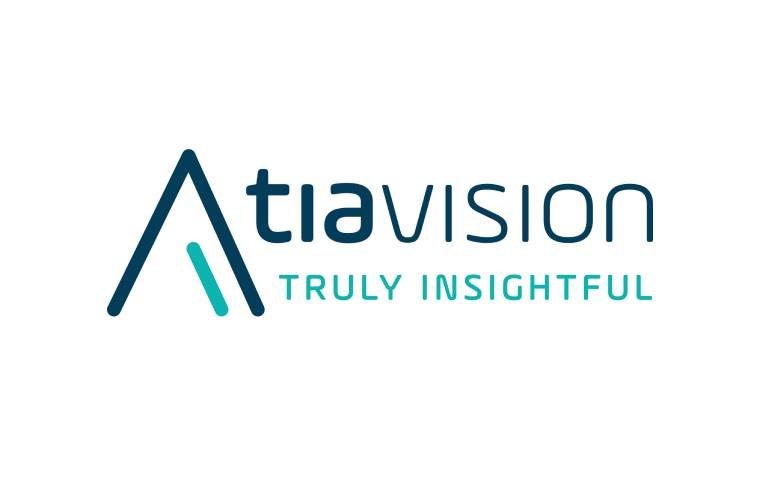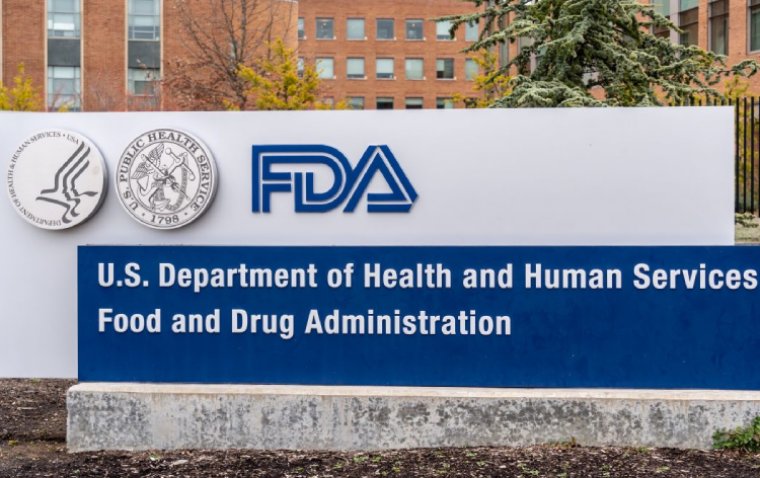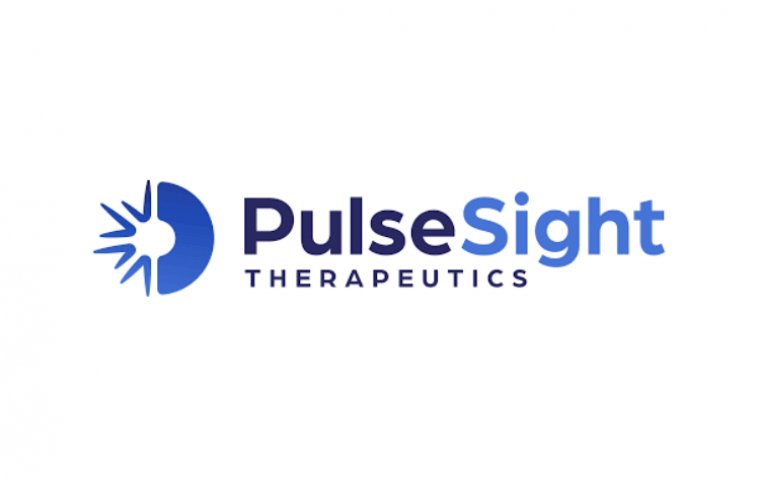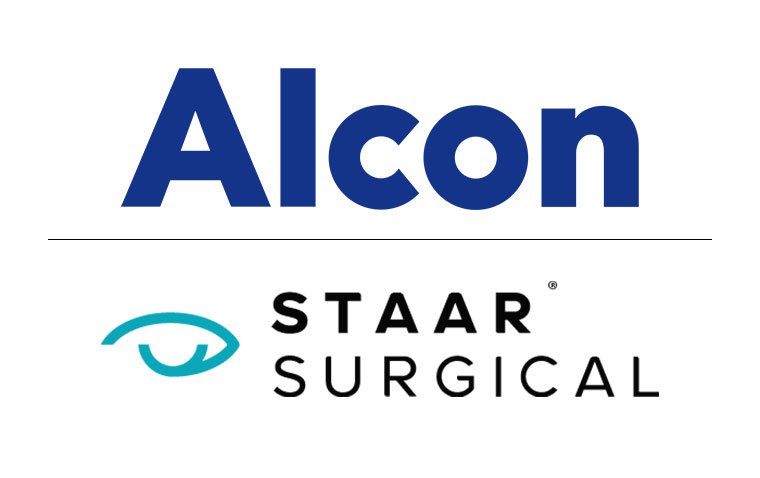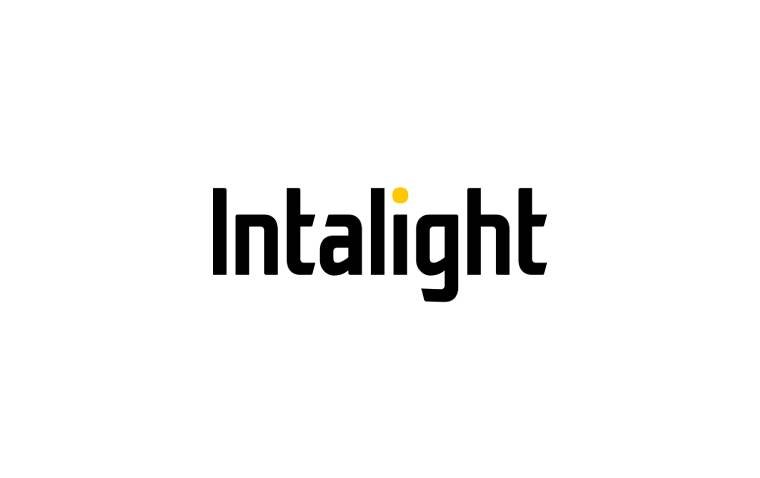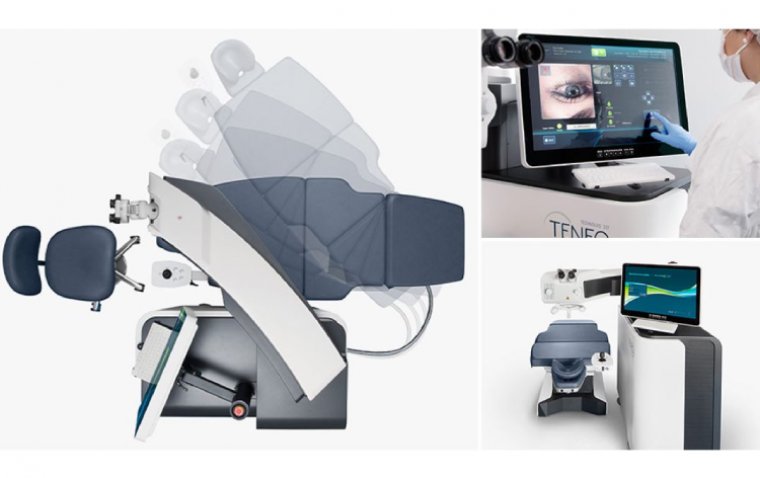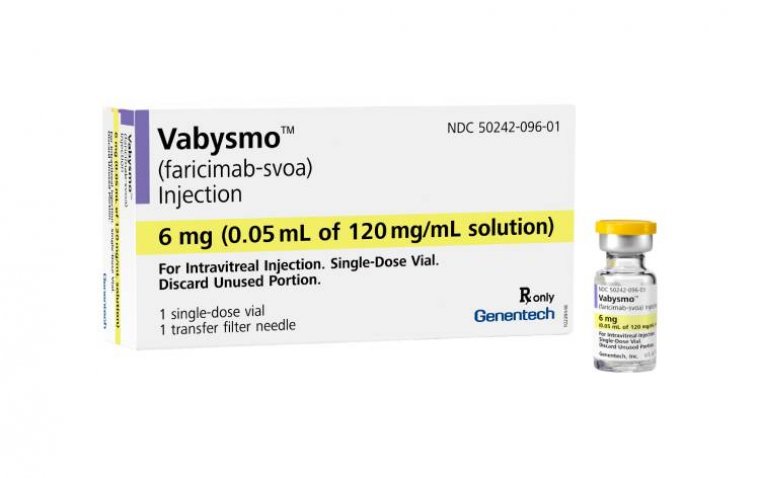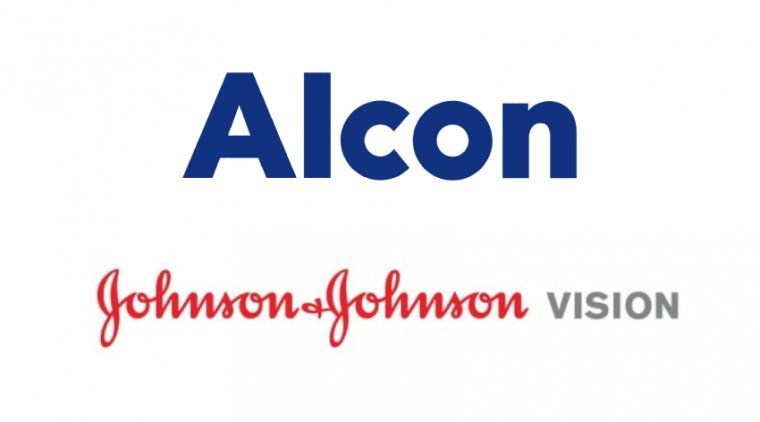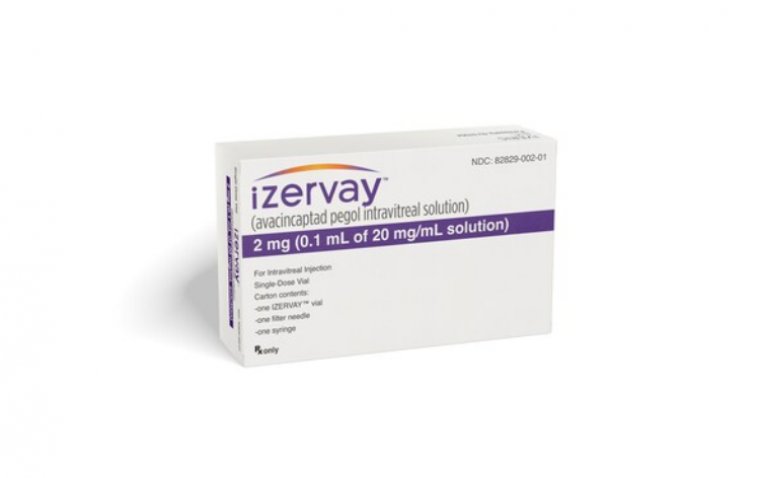
FDA Approves Iveric Bio’s Izervay for Geographic Atrophy
Parent company Astellas Pharma announced that Iveric Bio has received FDA approval for Izervay (avacincaptad pegol intravitreal solution) to treat geographic atrophy (GA) secondary to age-related macular degeneration (AMD).
As a new complement C5 inhibitor, Izervay stands out as the sole approved GA treatment, showing a statistically significant reduction (P<0.01) in the rate of GA progression at the 12-month primary endpoint throughout two phase 3 clinical trials.
"We are thrilled to receive FDA approval of Izervay and to offer a new therapy to physicians and appropriate patients in the US. Time matters, vision matters, and safety matters in this devastating progressive disease," Pravin U. Dugel, MD, President, Iveric Bio, said in a company news release. "We would like to thank everyone involved in reaching this milestone and helping us deliver on our commitment to pioneer transformational therapies for retinal diseases."
In May, Japan-based Astellas Pharma completed the acquisition of Iveric Bio for $5.9 billion, making Iveric Bio an indirectly wholly-owned subsidiary of Astellas.
The FDA approval of Izervay was based on data from the GATHER1 and GATHER2 phase 3 clinical trials. These trials assessed the safety and efficacy of monthly 2 mg intravitreal administration of Izervay in patients with geographic atrophy (GA) secondary to age-related macular degeneration (AMD). The rate of GA growth was measured at baseline, 6 months, and 12 months. Both registrational trials demonstrated a statistically significant reduction in the rate of GA growth in patients treated with Izervay compared to sham over the 12-month period. Notably, a slowing of disease progression was observed as early as 6 months, with patients experiencing up to a 35% reduction in GA growth during the first year of treatment.
"As a C5 inhibitor, Izervay has shown to slow GA progression by targeting the source of retinal cell death and may preserve the upstream benefits of the complement system," said Arshad M. Khanani, MD, MA, FASRS, Director of Clinical Research at Sierra Eye Associates, Reno, Nevada.
In the GATHER clinical trial program, patients who received Izervay 2 mg reported the following most common adverse reactions (≥ 5%) at the 12-month mark: conjunctival hemorrhage (13%), intraocular pressure (9%), and blurred vision (8%).
Izervay is expected to be available in the US within the next 2-4 weeks.
(1).jpg)
